Ultimate Guide to Point of Sale Systems: What Is a POS System?
The article covers the role of Point of Sale (POS) systems in modern businesses, detailing how they streamline transactions, manage inventory, and enhance customer experiences. It covers key functions, benefits, and types of POS systems, helping businesses choose the right solution.
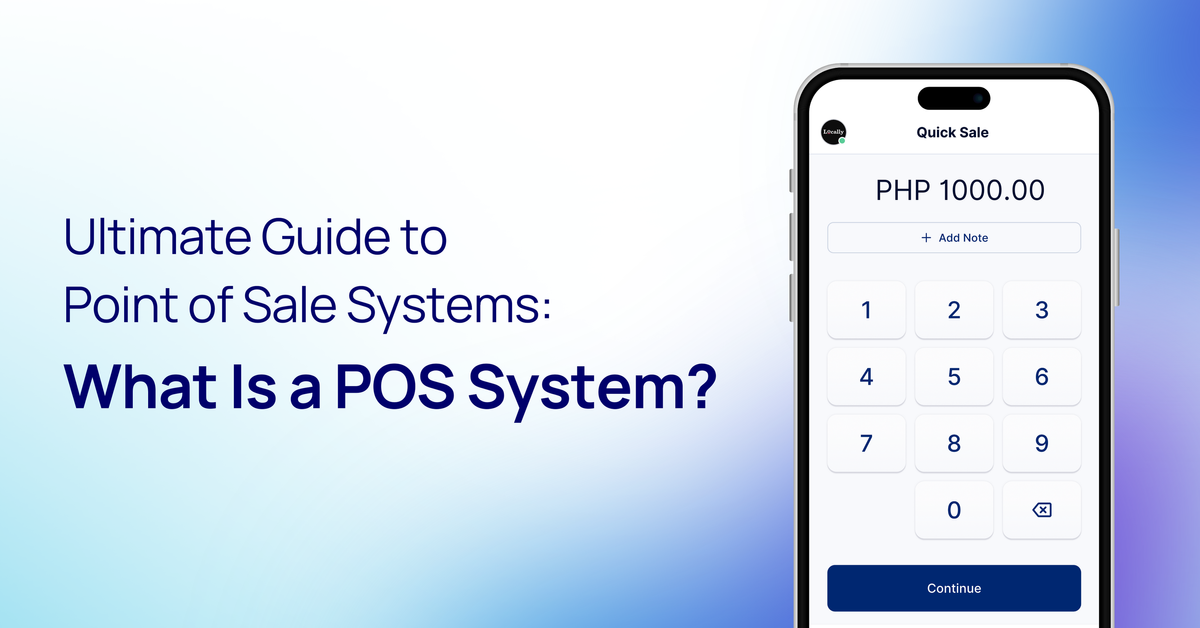
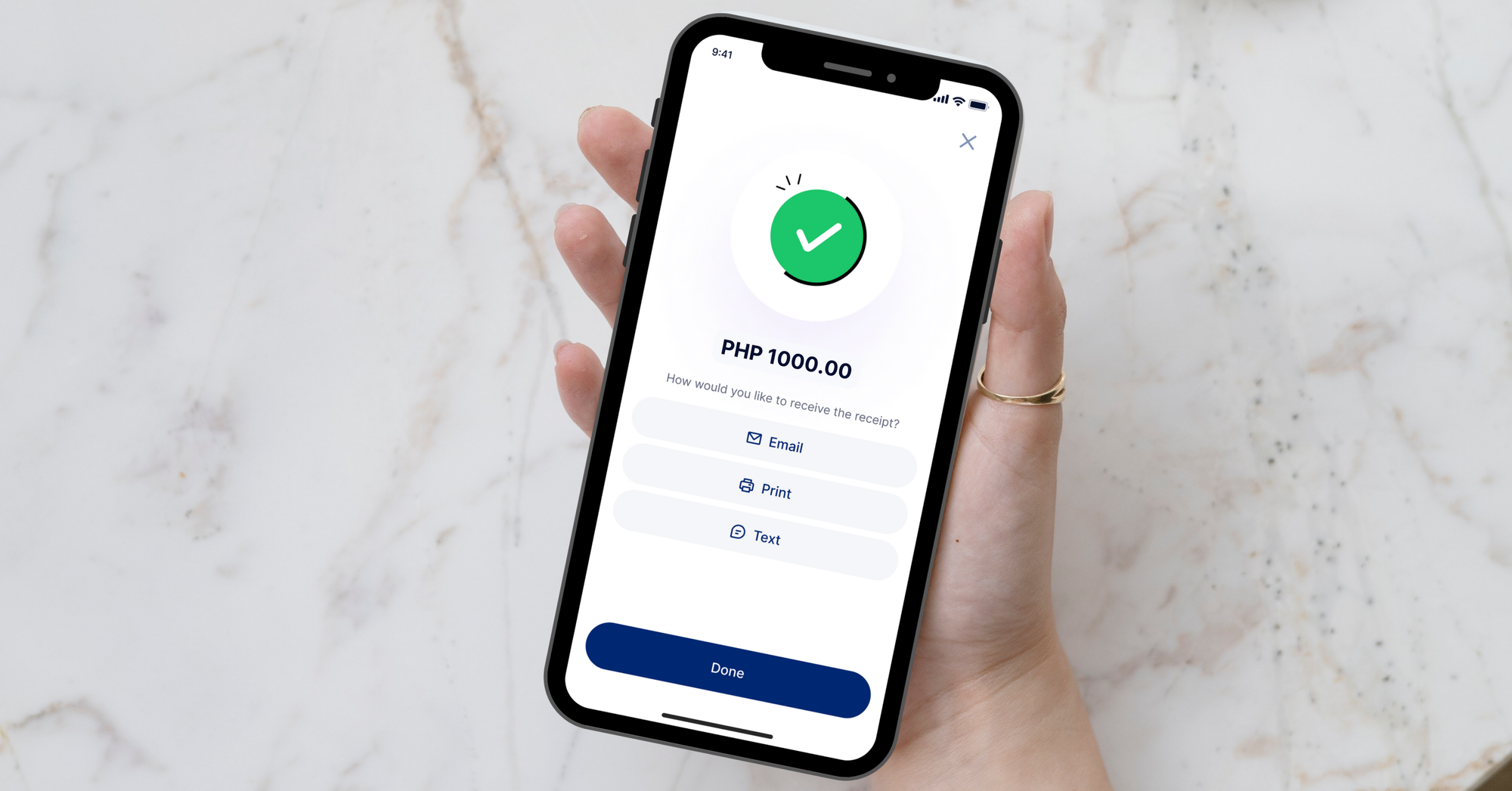
A Point of Sale (POS) system is vital for modern businesses, streamlining sales by combining hardware and software to manage transactions, inventory, and customer data.
Whether using a computer, cash register, or payment terminal, a POS system keeps everything running smoothly for both you and your customers.
For those looking for a cost-effective and powerful solution, HitPay's POS system offers advanced features at no cost, making it a great choice for managing sales, inventory, and more without worrying about subscription fees.
In this guide, we'll explore what a POS system is, its key functions, the benefits it brings to businesses, and how to choose the right POS system for your needs. Keep reading to learn how a POS system can help your business.
Key Takeaways
- A POS system combines hardware and software to facilitate efficient business transactions.
- Implementing a POS system can significantly enhance inventory management and sales analytics.
- Choosing the right POS system ensures scalability and suitability for your specific industry needs.
- Understanding the costs associated with POS systems helps mitigate unexpected expenses.
- Modern POS systems often require integration with third-party services for optimal performance.
What is a POS System and What is Its Purpose?
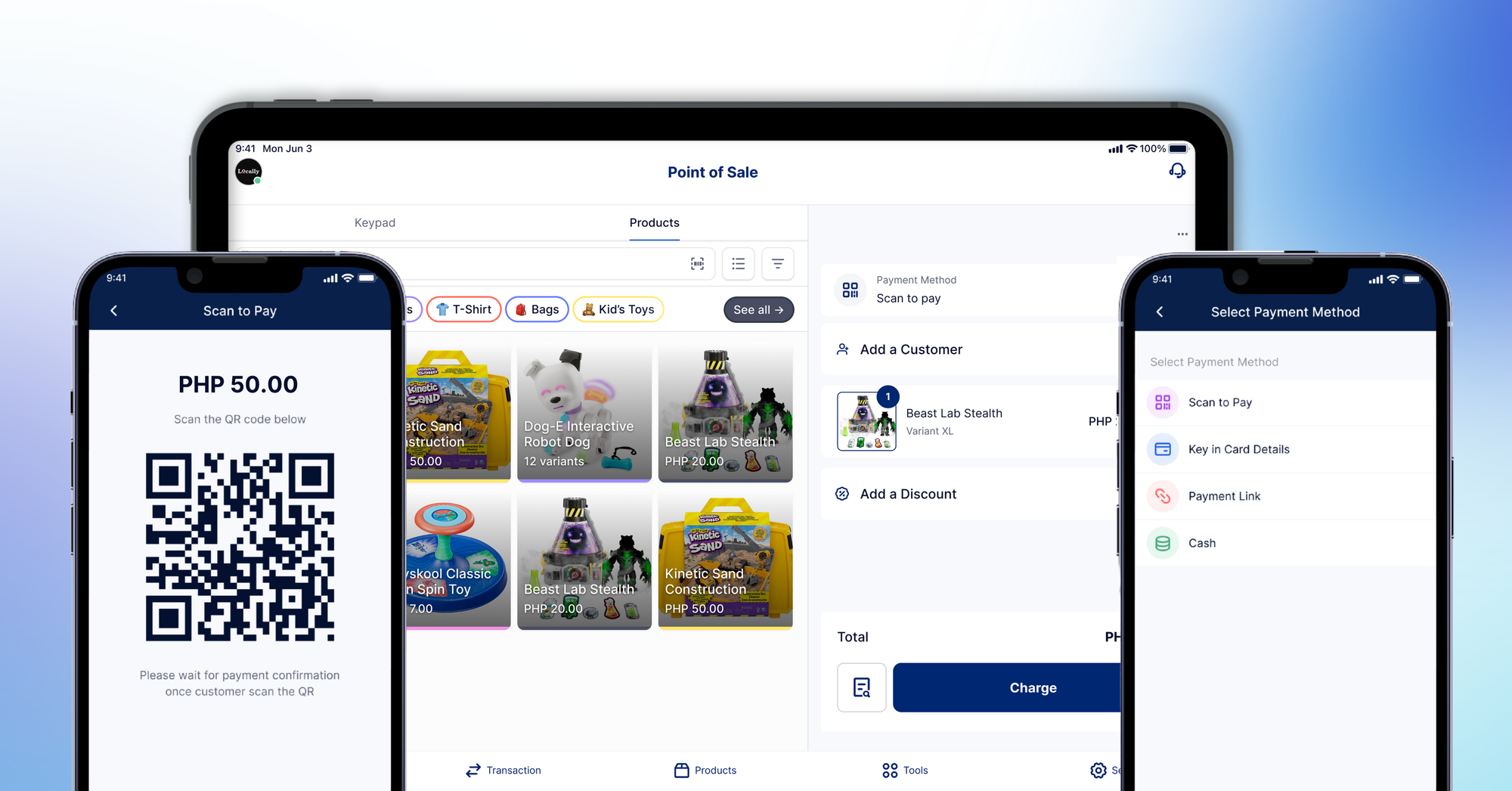
A POS system is a key tool for businesses in retail and hospitality. It makes sales easier and helps with important management tasks.
A POS system has both hardware and software. It helps finish sales in stores and restaurants. It also helps manage sales, track inventory, and analyze customer interactions.
Key Functions and Features
POS systems have many important features. They help businesses in many ways. The main functions include:
- Transaction Management: It makes sales faster and more accurate.
- Inventory Tracking: It keeps track of stock and helps with ordering.
- Sales Reporting: It gives reports that help make better business decisions.
- Customer Data Management: It collects customer info for marketing and better service.
- Employee Performance Monitoring: It checks how well employees are doing and their sales.
Importance of POS Systems in Modern Businesses
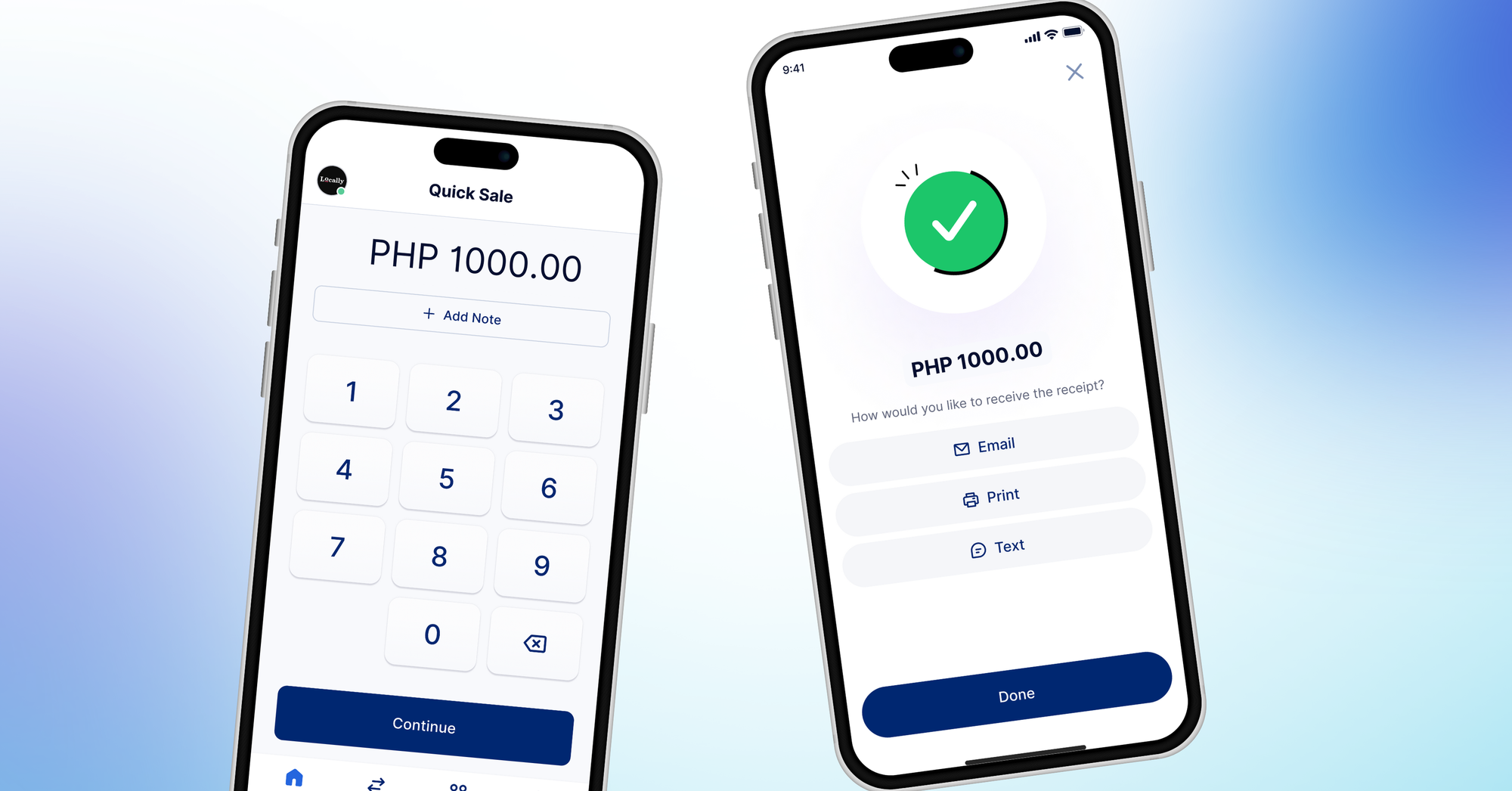
POS systems are very important today. The point-of-sale software market is experiencing rapid growth, increasing from $12.2 billion in 2018 to a projected $42.5 billion by 2027.
They make transactions faster and more accurately. They also reduce mistakes and help with data management.
They increase security for money transactions. This builds trust with customers. POS systems make businesses work better and improve customer experiences.
| POS Component | Function |
|---|---|
| POS Hardware | Handles the sales process physically, like cash registers and scanners. |
| POS Software | Runs the system, including sales tracking, stock updates, and customer care. |
| Integration Tools | Work well with other business tools like accounting and CRM for better operations. |
Who Uses POS Systems?
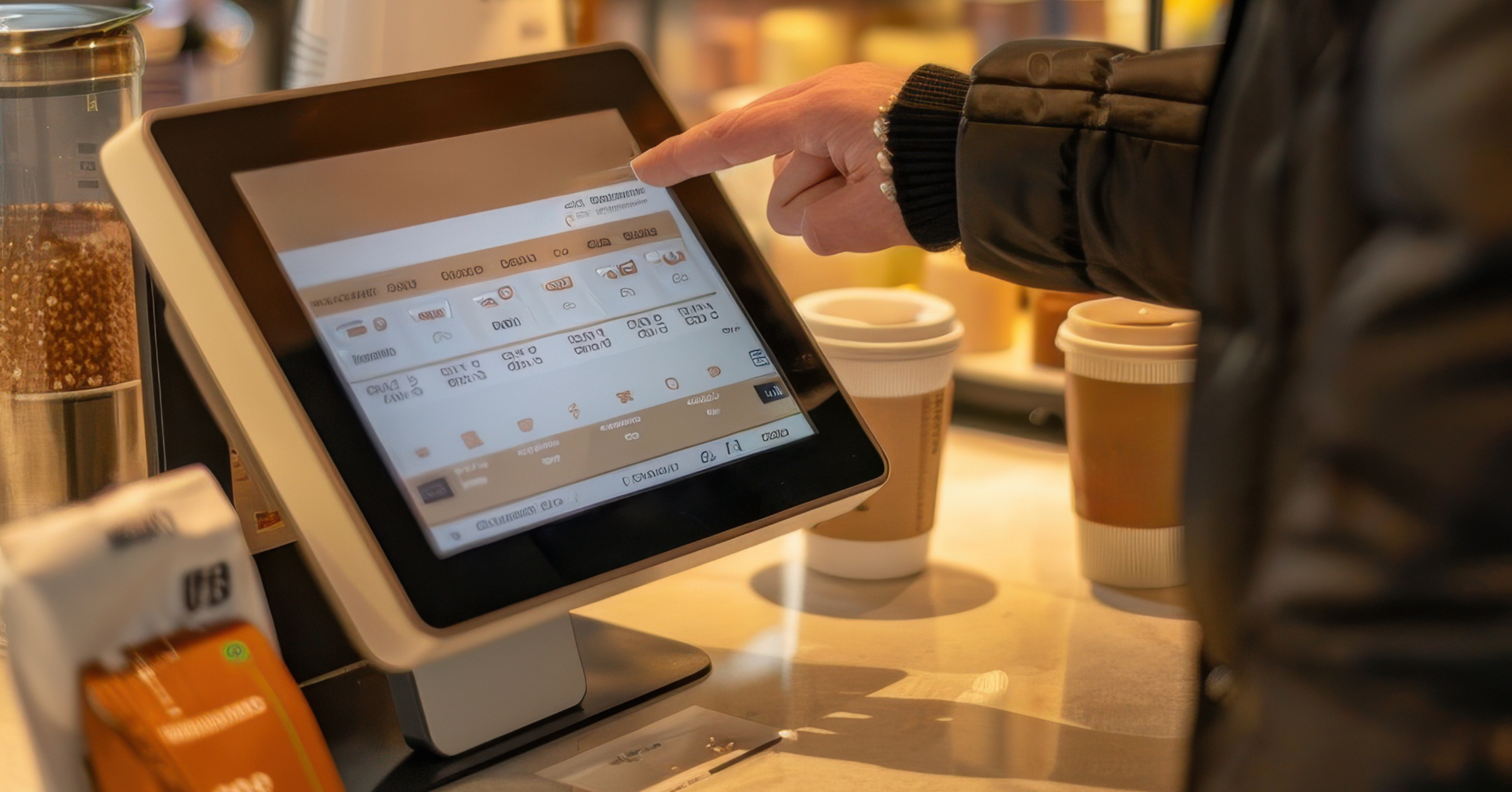
Many businesses use Point of Sale (POS) systems to make things run smoother and talk to customers better. These systems help lots of industries, like shops and places where people eat or get services. They make things more efficient, help with keeping track of stock, and make taking payments easy.
Retail Stores
Retail stores use POS systems a lot. They help with things like setting prices, checking how much profit they make, and keeping track of stock. They also help with ads and keeping customer info. This makes running the store better.
Restaurants and Cafes
In places like restaurants and cafes, POS systems are very important. They help with managing menus, tracking sales, and keeping an eye on stock. They also help with taking orders and keeping things running smoothly. This makes customers happy and keeps things organized.
Service-Based Businesses
Businesses like hair salons and car washes use POS systems too. They help with booking appointments and keeping track of what they have in stock. For example, a hair salon can use a POS system to order more hair products when they run low.
Some businesses have many different services, like hospitals or theaters. POS systems help them handle lots of transactions and keep things organized. They are also great for mobile businesses like food trucks. This makes it easy to keep track of everything.
| Industry | Common Uses of POS Systems | Key Benefits |
|---|---|---|
| Retail | Price management, inventory tracking, customer information | Improved transaction efficiency, loyalty programs, better stock management |
| Restaurants & Cafes | Menu management, sales reporting, order placements | Enhanced customer experience, streamlined operations, accurate inventory tracking |
| Service-Based Businesses | Appointment scheduling, inventory management, customer interactions | Efficient service transactions, better client management, timely reorders |
Benefits of Using a POS System
Using a POS system brings many POS benefits to businesses:
Streamlined Transactions
A big POS benefit is making transactions fast and automated. This means less waiting and a quicker checkout. Customers like this because it's quick and easy.
Many young people prefer to check out by themselves. This shows how important fast service is.
Inventory Management
Managing stock well is another big plus. A POS system tracks stock in real time and helps with ordering. It also gives detailed reports to keep stock right and cut losses.
Most retailers want to link their POS with an Order Management System. This makes managing stock and orders easier.
Enhanced Customer Experience
A POS system keeps track of what customers like and buy. This info lets businesses send out special deals. This makes customers come back more often.
Customers who join loyalty programs are 60% more likely to spend more. This shows how important making marketing personal is.
Sales Analytics and Reporting
POS systems give businesses important sales data. Data from POS transactions account for 51% of the most valuable information for retailers. They help with pricing, tracking sales, and understanding customers. This info helps make smart business choices.
| POS Benefits | Details |
|---|---|
| Streamlined Transactions | Reduces wait times, enhances customer satisfaction, preferred by younger shoppers |
| Inventory Management | Real-time tracking, automated reordering, detailed reports, integration with OMS |
| Enhanced Customer Experience | Tracks customer preferences, personalizes marketing, boosts loyalty program participation |
| Sales Analytics and Reporting | Provides insights into pricing accuracy, revenue, trends, and behavior, aiding strategic decisions |
Types of POS Systems
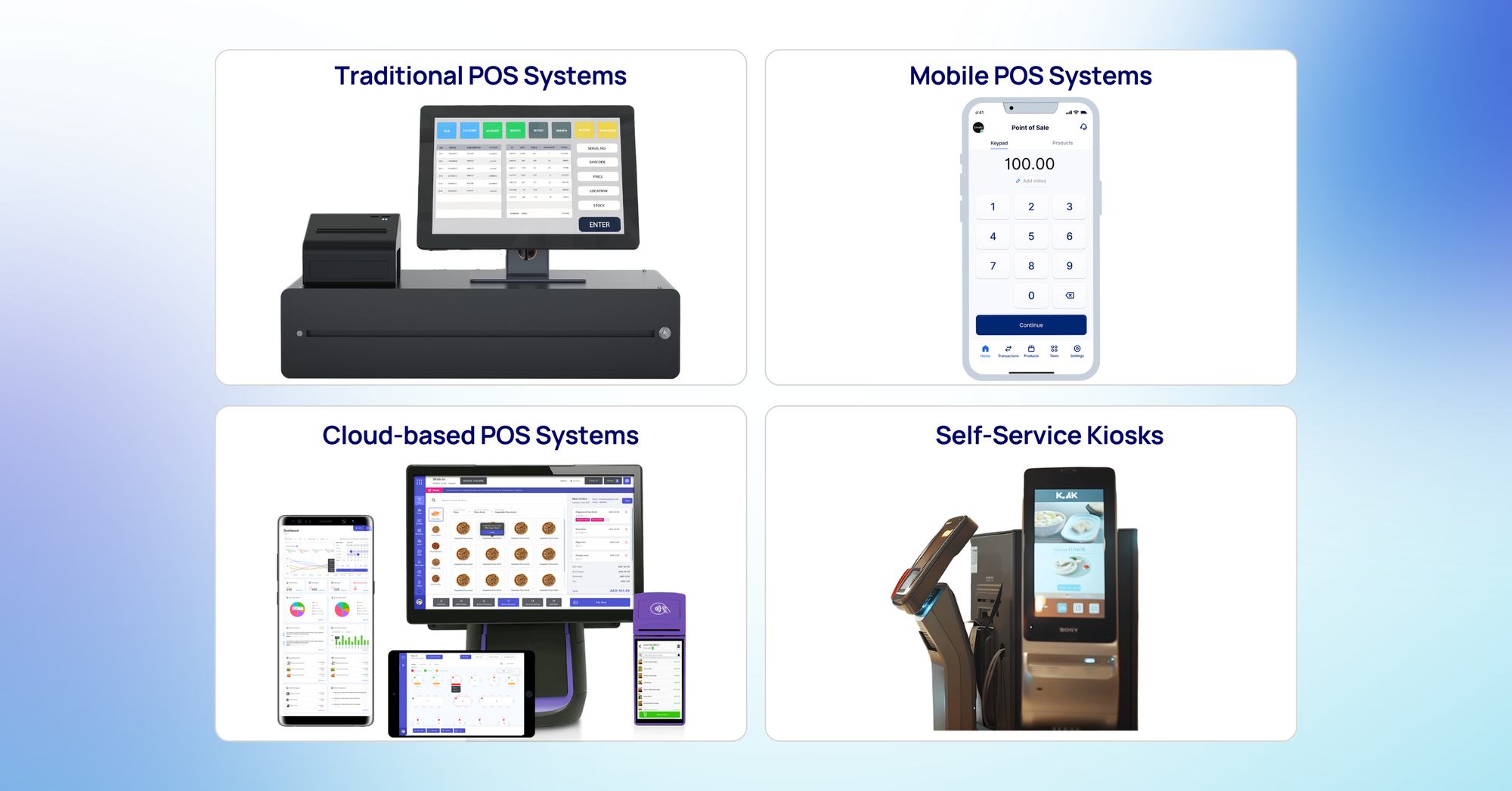
It's important to know the different POS system types to find the right one for your business. These systems vary from old-school setups to modern self-service tech. Each type is made to improve different parts of your business.
1. Traditional POS Systems
Traditional POS systems sit in one place, like in shops and eateries. They have things like cash registers, printers, scanners, and card readers. Even though they don't move, they help with keeping track of stock and sales, making them a good choice for many businesses.
2. Mobile POS Systems
Mobile POS systems use tablets or phones to take orders anywhere in your business. In 2020 mobile POS transaction value reached over $1,017,982 million.
Mobile POS systems are great for businesses that don't stay in one spot, like mobile sellers or outdoor shops. You can add extra hardware to these systems to make them work better and make customers happy.
3. Cloud-Based POS Systems
Cloud-based POS systems make up 53% of the POS market. They keep data on the internet, so it's safe and you can get to it from anywhere. They're perfect for businesses that need to grow and work well with online sales. These systems also get updates automatically and have tools for syncing devices and detailed reports.
4. Self-Service Kiosks
Self-service kiosks let customers buy things on their own. You'll find them in fast food places and shops. These kiosks use the latest tech to make lines shorter and save money. By letting customers buy things by themselves, businesses can work better, be more efficient, and make customers happier.
Here's a look at what each POS system type offers:
| POS System Type | Key Features | Best For |
|---|---|---|
| Traditional POS Systems | Stationary, robust hardware, in-depth inventory management | Retail stores, full-service restaurants |
| Mobile POS Systems | Portability, versatile external hardware, on-the-go transactions | Service-based businesses, outdoor retailers |
| Cloud-Based POS Systems | Real-time data access, high security, scalability | Online retailers, multi-location businesses |
| Self-Service Kiosks | Automated transactions, reduced labor costs, queue management | Quick-service dining, retail stores |
How to Choose the Right POS System for Your Business
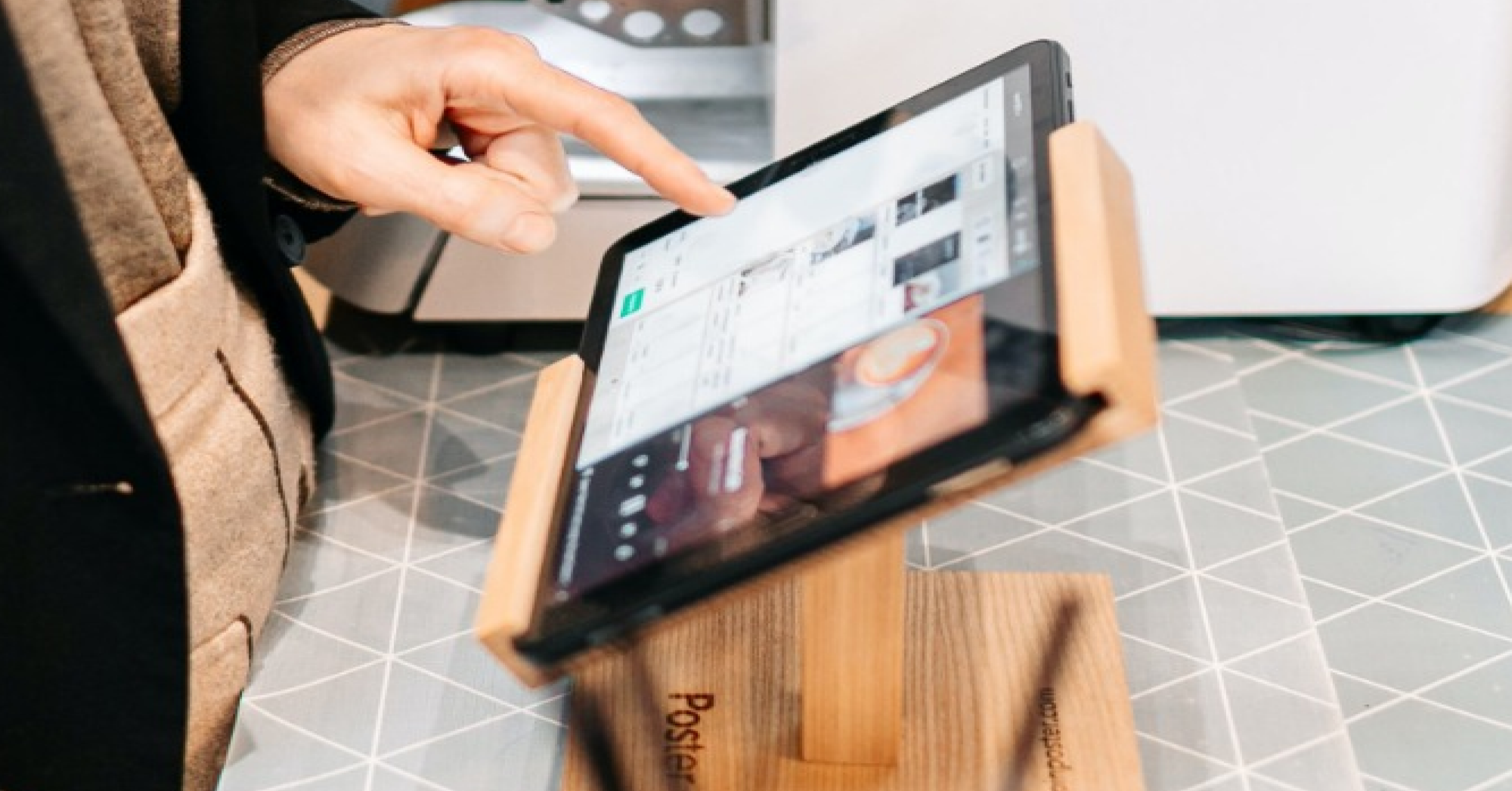
Choosing the right POS system is key to your business's growth. It must fit your operations and be cost-effective. It should also integrate well with your systems.
Factors to Consider
Think about these important points to make a good choice:
- Cost-Effectiveness: Price matters a lot to small businesses. Find a POS that's affordable but still has great features.
- Ease of Use: A user-friendly system is important. Pick one that makes things easy for you and your team.
- Integration Capabilities: Most businesses want systems that work well with other tools. Choose one that fits with what you already use.
- Payment Processing Options: Most businesses like POS systems that take many payment types. This makes customers happy.
- Customer Support: Good support is key for many businesses. Pick a POS with great support to help you out.
- Security Features: Keeping financial data safe is a big deal. Look for strong security in your POS.
Analytics and Reporting: Look for a POS system that offers clear, detailed reports on sales performance, inventory levels, and customer purchasing habits. These insights help you track your business's health and make data-driven decisions to boost sales and efficiency.
Assessing Your Business Needs
To find the right POS system for your business, look at how you work and how many sales you do. Think about these areas:
- Type of Business: Different businesses need different things. Retail, food service, and service industries have different needs.
- Number of Transactions: See how many sales you do every day. Your POS should handle a lot of sales well.
- Employee Management: If you manage staff, pick a system that helps track their work and hours.
- Customer Relationship Tools: If you focus on customer service, look for a POS with tools for managing customer relationships for better service.
Choosing the right POS system takes careful thought. Make sure it fits your business's needs. Understanding your business's workflow and goals is key to a successful setup.
Cost of POS Systems in the Philippines
The cost of setting up a POS system in the Philippines can vary significantly based on the type of system, your business needs, and any additional features or services you may require. Understanding these costs will help you choose the most suitable POS solution for your business.
Price Range for Different Types of POS Systems
POS systems in the Philippines can range from basic mobile solutions with no monthly fees to more advanced systems that involve a one-time payment ranging between $2,000 and $10,000.
For businesses looking to minimize costs, some providers, such as HitPay, offer a no-cost setup model where you only incur fees when you make a sale. HitPay operates on a transparent pricing model with low transaction fees, and there are no rental, subscription, or hidden fees. You only incur costs when you make a sale.
How Much is a POS System for a Small Business?
Small businesses need to find a balance between affordability and functionality. Cost-effective POS systems are available for small businesses that cater to different budget levels:
- No Upfront Costs: Solutions like HitPay are ideal for small businesses that want to avoid significant upfront and ongoing expenses. With HitPay, you only pay when you make a sale, making it easier to manage costs.
- Subscription-Based Systems: On the other hand, systems like Shopify can involve more costs. These include installation fees, one-time costs for POS hardware (such as card readers and receipt printers), and ongoing monthly subscription fees. Shopify also charges a percentage for payment processing, and additional integrations with other business tools may come at varying costs.
By comparing these options, small businesses can determine which POS system best aligns with their budget and operational needs.
Additional Costs to Consider
Beyond the basic system cost, several additional expenses may arise, including:
- Hardware: Items such as card readers, cash drawers, receipt printers, and barcode scanners may need to be purchased separately.
- Installation and Training: Some systems require installation fees and training costs to ensure your staff can effectively use the POS system.
- Ongoing Support and Maintenance: Regular support and maintenance may involve additional fees, particularly for cloud-based systems, which may also include annual subscription costs.
- Transaction Fees: Transaction fees can significantly impact your overall costs, especially for businesses with high sales volumes. For example, Shopify Payments charges a percentage per transaction, which can add up over time.
Understanding these potential costs will help you make an informed decision when selecting a POS system, ensuring that it meets your business’s needs while staying within your budget.
How to Set Up a POS System
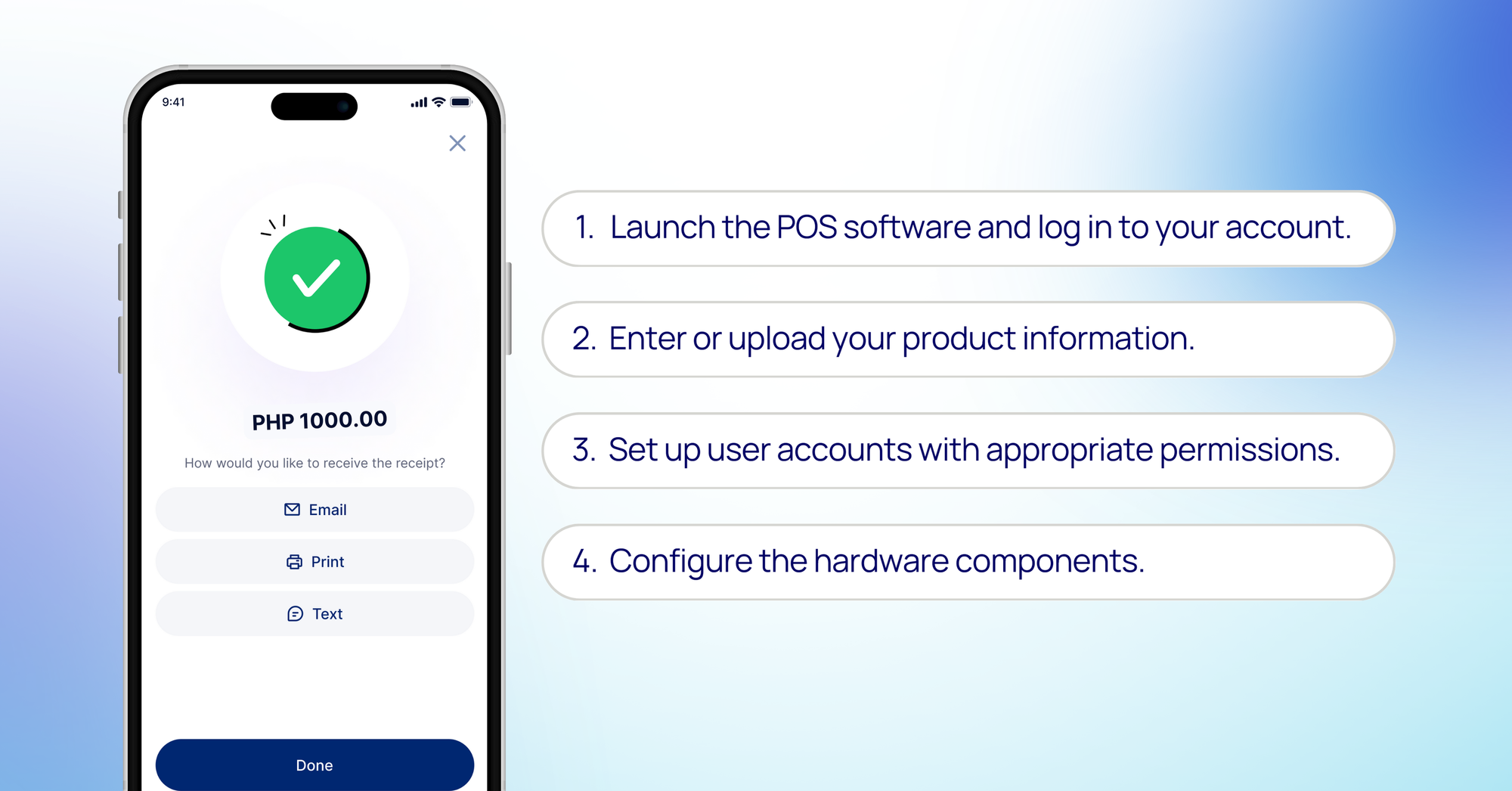
Setting up a POS system is key for any business wanting to improve. It makes things run smoother and helps with customer service. The process has some implementation challenges, but planning helps a lot.
Step-by-Step Guide
First, install the POS software. Then, log into your account. Next, add your products, which can be done quickly with CSV files for inventory uploads.
It's also important to set up user accounts and connect the hardware like credit card machines and printers.
Before setting up, pick a POS system that fits your business now and in the future.
- Launch the POS software and log in to your account.
- Enter or upload your product information.
- Set up user accounts with appropriate permissions.
- Configure the hardware components.
Common Challenges and Solutions
There are often implementation challenges with setting up a POS system. Things like technical problems and staff not wanting to change can happen. To fix this, train your staff well and make sure your POS provider is there to help.
Also, make sure your POS system keeps customer payment info safe by being PCI compliant. The best system will also let you customize it to fit your business, making things easier for everyone.
- Staff training to overcome resistance.
- Reliable support from the POS provider.
- Ensuring PCI compliance for data security.
Integration with Other Business Tools
Getting your POS system to work with other business tools is key for success. For example, linking it with accounting or inventory systems makes things run smoother. This helps with sales reports and better customer service.
Cloud-based POS systems make this easy and let you manage your business from anywhere. This means you can keep an eye on things anytime, from any device.
| POS System Feature | Description | Benefit |
|---|---|---|
| Inventory Management | Tracks stock levels and product details. | Prevents stockouts and overstock |
| Sales Tracking | Monitors all sales transactions. | Provides sales analytics for better decision-making |
| User Permissions | Custom access levels for different roles. | Ensures data security and operational control |
| CRM Integration | Connects with customer management systems. | Enhances customer engagement and loyalty |
| Accounting Software Integration | Synchronizes financial data. | Streamlines bookkeeping and financial reporting |
Setting up a POS system right can really change your business for the better. It makes things more efficient and customers happier. Plan well and tackle any implementation challenges to make the switch smooth and successful.
HitPay POS System: A Comprehensive Solution
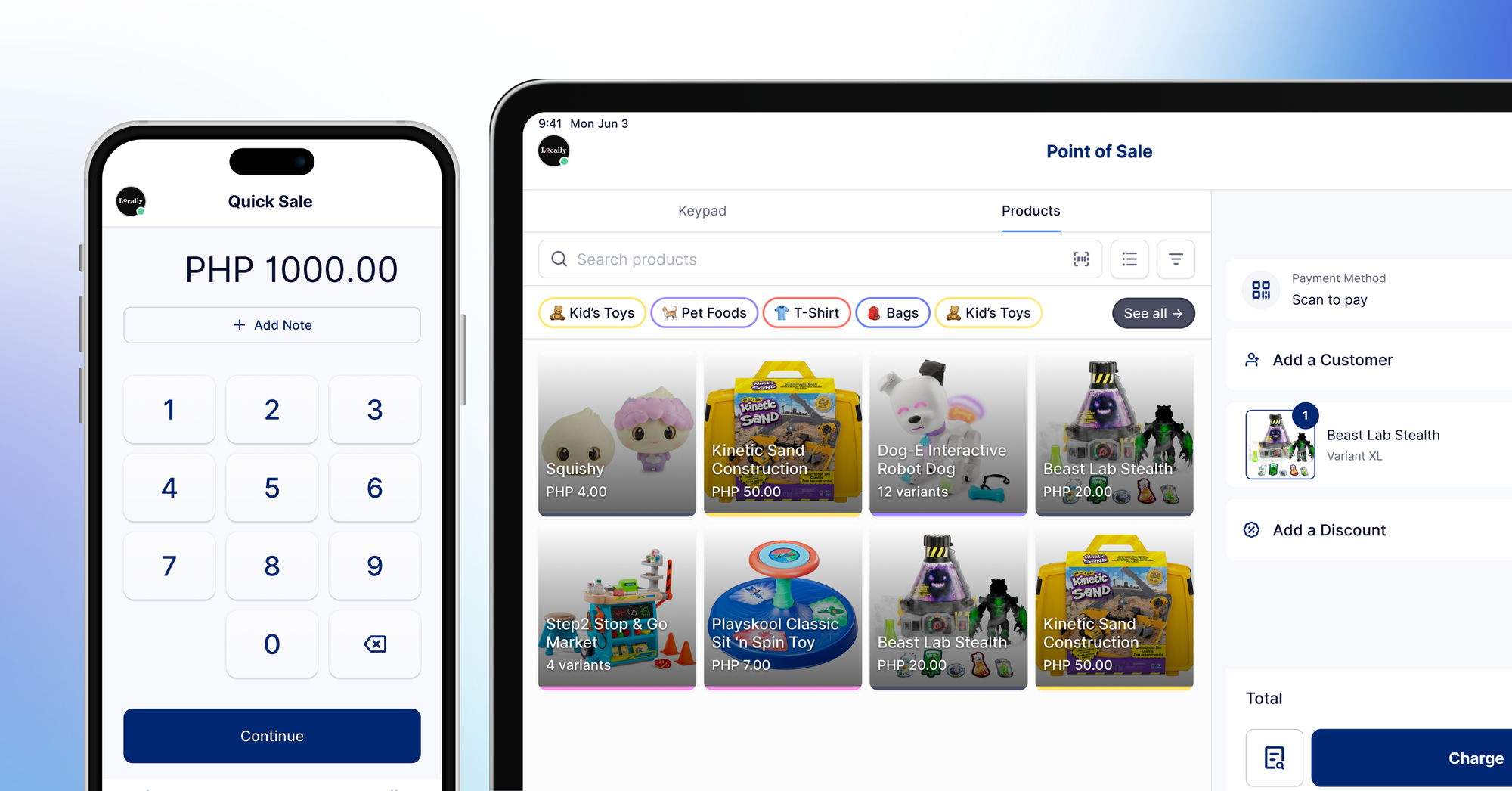
HitPay’s POS System is a top choice for businesses in the Philippines seeking a reliable and cost-effective point of sale system. It stands out for its ease of use, robust features, and transparent pricing.
Features and Benefits of HitPay POS
HitPay offers a free POS system with no subscription fees, meaning you only pay for each transaction, keeping costs low for businesses of all sizes. Despite being free, HitPay’s POS comes with a comprehensive set of advanced features, including:
- Admin Fees Management: Easily handle administrative fees.
- Surcharges: Add and manage surcharges without hassle.
- Tipping: Offer tipping options to your customers.
- Product & Inventory Management: Efficiently track and manage products and inventory levels, with the ability to sync with Shopify and WooCommerce.
- Customer Management: Maintain detailed customer records and insights to enhance your service.
- Receipt Printing: Provide customers with SMS, email, or physical receipts, customized to your brand.
Additionally, HitPay’s POS system supports QR code and credit card payments, making transactions flexible and convenient for customers. Soon, HitPay will be launching a QR Soundbox terminal in the Philippines, a first of its kind in the local market. This terminal will streamline QR payments by providing an audible confirmation of payment success, enhancing both speed and security during transactions.
HitPay also allows you to sync your POS inventory with your online store, ensuring a unified inventory across both offline and online sales channels. For businesses with multiple locations, HitPay offers unlimited location management and cross-channel product syncing, allowing you to monitor sales and inventory in real-time across all your stores.
Why Choose HitPay for Your Business?
HitPay’s POS system not only simplifies inventory management but also integrates seamlessly with major e-commerce platforms like Shopify and WooCommerce, helping you run your business more smoothly.
The system also supports integration with popular accounting software such as Xero and QuickBooks, making financial management easier and more transparent.
With features like competitive card rates in key markets and lightning-fast transaction processing, HitPay ensures that your business operates smoothly and efficiently.
How to Get Started with HitPay POS
Getting started with HitPay is straightforward. Simply sign up online and begin tailoring your product listings to meet your customers' needs. HitPay also provides training resources to help you make the most of its features.
HitPay’s POS system is a comprehensive solution for handling payments, inventory, and customer management, designed to meet the demands of today’s businesses.
| Feature | Details |
|---|---|
| Transaction Fees | No recurring subscription fees, pay-per-transaction model |
| Locations Management | Manage unlimited locations with real-time monitoring |
| Payment Methods | Supports local and international payment modes |
| Integration | Compatible with e-commerce platforms and accounting software |
| Inventory Monitoring | Effortless management of stock across all sales channels |
| Security | Advanced encryption and PCI DSS compliance for secure transactions |
Conclusion
Using a strong POS system is key for your business to grow and work better. POS systems do more than just handle transactions. They make customers happy by cutting down on wait times. This leads to happier customers.
Modern POS systems are flexible and can grow with your business. They offer important features at a good price and don't cause much downtime. It's important for businesses to pick a POS system that fits their needs and works well with other tools. This will help make your business more productive.
Get Started Now With HitPay’s POS System
Experience the simplicity and efficiency of HitPay's POS software with no subscription fees. Take advantage of our advanced features at no cost, and streamline your business operations effortlessly.
If you're a customer who has questions about paying with HitPay, feel free to contact us on our website.
Frequently Asked Questions About POS Systems
What is the Best POS System for Small Businesses?
For small businesses, HitPay is a great choice. It’s cost-effective, easy to use, and packed with essential features. HitPay supports multiple payment methods, scales with your business, and integrates with key e-commerce platforms and accounting software.
Can a POS System Work Offline?
Yes, even when the internet goes down, many POS systems work in Offline POS Systems mode. You can still make sales and sync them later. This keeps your sales going without any pause.
How Secure are POS Systems?
POS systems can be highly secure when they use strong encryption and comply with industry standards like PCI DSS. These security measures protect sensitive customer data from breaches, ensuring that transactions are safe. Choosing a POS system like HitPay, which includes end-to-end encryption and regular security updates, helps build customer trust and safeguards your business from potential threats.
Do Retail Stores Use POS Systems?
Yes, retail stores like convenience stores and pharmacies use POS systems a lot. They make things run smoother by managing inventory, helping customers, and analyzing sales. This shows how important POS systems are for running a business well.



